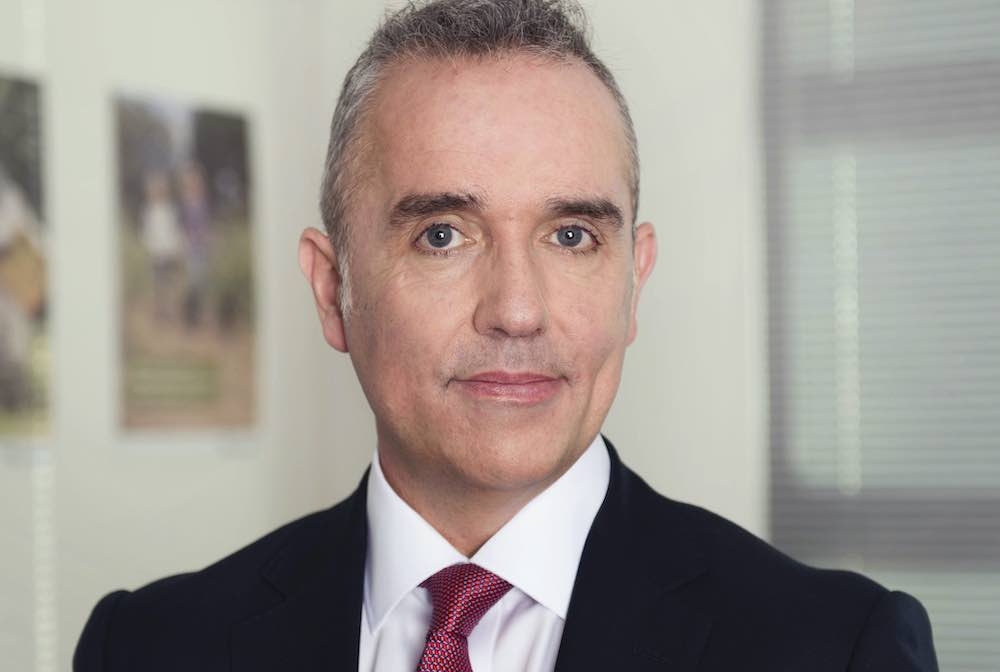Inheritance tax receipts for the current tax year to-date have reached a record £5.3bn, according to the latest figures published by HMRC.
The figure was £700m higher than the same period a year earlier.
The higher figure – which covers April to December 2022 – suggests IHT receipts this year are on track to hit a new record this tax year, topping last year’s £6.1bn.
For the final quarter of the calendar year, the IHT take hit £1.8bn – the highest total on record and up from £1.4bn in 2021.
Stephen Lowe, group communications director at retirement specialist Just Group, said: “The Treasury looks set to collect a record amount of cash from inheritance tax this financial year and forecasts predict nearly £8bn a year will be raised from the levy by 2027/28.”
Why are IHT receipts expected to rise so quickly? Mainly because in his Autumn Statement in November, Chancellor Jeremy Hunt opted to freeze the IHT threshold of £325,00 for a further two years, to 2027/28.
Andrew Aldridge, partner at Deepbridge Capital, said: “Given the Chancellor’s freezing of IHT thresholds for a further two years and inflation remaining high, we anticipate that HMRC receipts will continue to rise in the near term.”
Alex Davies, chief executive and founder of Wealth Club, said: “Rampant inflation and years of frozen allowances and soaring house prices mean many more families will find themselves hit with a hefty inheritance tax bill.”
Shaun Moore, tax and Financial Planning expert at Quilter, said the freeze on IHT thresholds to 2027/28 could actually net the government more than £1bn. He said: “Runaway house prices and stagnant thresholds mean more people are dying with property wealth over the various inheritance tax allowances.”
But he added that the new figures also shone a light on why the government extended the freeze to income tax thresholds up to 2027/28. Receipts from income tax and NI payments from April to December 2022 reached £281.1bn – an increase of £34.3bn compared to the same period a year earlier.
Mr Moore said: “This upward trend is likely to continue as wage growth rises in light of inflation, but income tax thresholds stay static.”
A million more people will be paying higher rate tax by 2027, according to forecasts published by HMRC.

